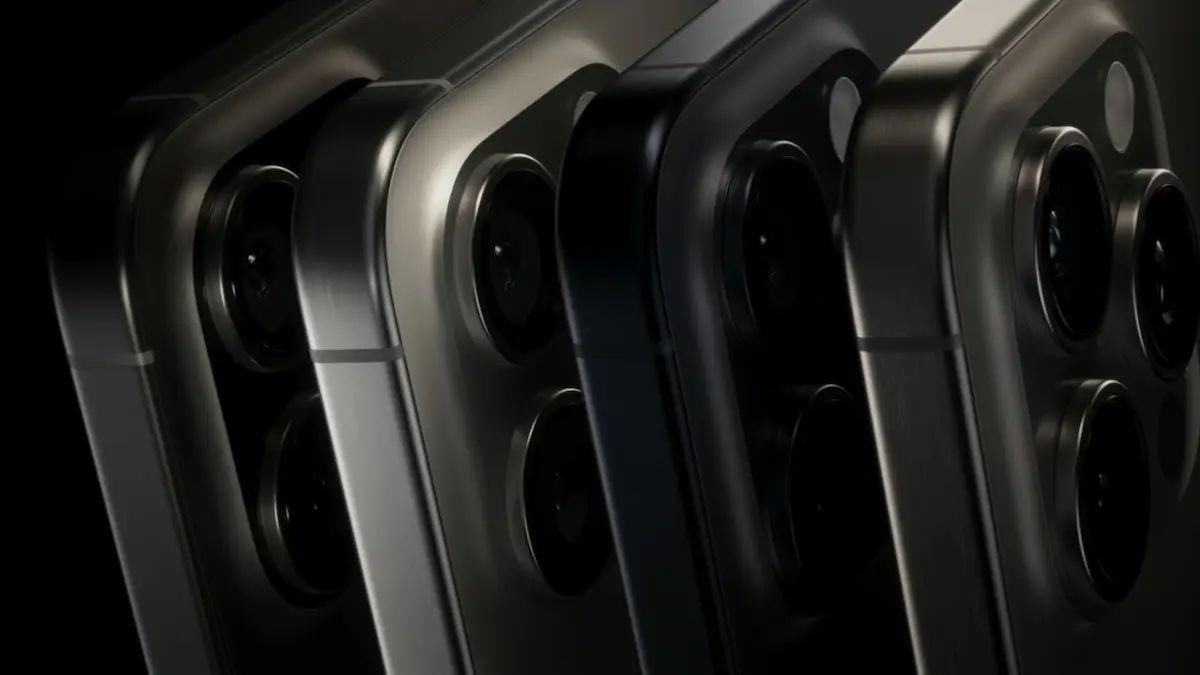GenAI’s Negative Impact on iPhone Shipments Among Various Factors

[ad_1]
GenAI’s Negative Impact on iPhone Shipments
In the ever-changing landscape of the smartphone industry, Apple’s iPhone has long been a benchmark for innovation and market dominance. However, according to the latest supply chain analysis conducted by renowned analyst Ming-Chi Kuo, the tech giant will face significant challenges in 2024. This report provides an in-depth analysis of Kuo’s findings, highlighting the reasons for Apple’s anticipated decline on the iPhone. shipments.
Main findings:
1. Projected decline in iPhone shipments: Ming-Chi Kuo survey finds downward trend in 2024 Apple iPhone shipments of key upstream semiconductor parts, with expected reduction of about 15% from previous year , amounting to approximately 200 million units. This decline places Apple at the forefront of major global mobile phone brands facing challenges in 2024.
2. Segmented decline of the iPhone 15 and 16 series: Kuo predicts a segmented decline in iPhone shipments, with the iPhone 15 series and upcoming iPhone 16 series facing a 10-15% year-over-year decline in the first and second half of 2024, respectively. This drop is compared to shipments of the iPhone 14 and 15 series during the same periods of the previous year.
3. Structural challenges and paradigm shifts: Apple faces structural challenges contributing to the significant drop in shipments in 2024. Kuo cites the emergence of a new paradigm in high-end mobile phone design as a major factor. This shift includes the integration of generative AI (GenAI) and the growing popularity of foldable phones among high-end users.
4. Impact of GenAI and the resurgence of Huawei: The report highlights that Apple’s traditional bastion of design innovation is facing competition from a new paradigm of premium mobile phone design, typified by GenAI and foldable phones. Samsung, benefiting from higher-than-expected demand thanks to GenAI features, revised its Galaxy S24 series shipments upward by 5-10%, while Apple revises its iPhone 15 forecast downward.
5. Dynamics of the Chinese market: Kuo notes a significant decline in Apple’s weekly shipments in China, ranging from 30% to 40% year over year. Huawei’s resurgence in the market and high-end users’ growing preference for foldable phones are identified as the main factors contributing to this decline.
6. Timeline of design changes and the GenAI ecosystem: Anticipating a challenging landscape, Kuo predicts that Apple may not introduce significant design changes or a more comprehensive/differentiated GenAI ecosystem until 2025 at the earliest. This delay is expected to impact the dynamics of Apple’s iPhone shipments and the growth of the ecosystem.
Conclusion:
Ming-Chi Kuo’s supply chain investigation paints a tough picture for Apple’s iPhone shipments in 2024. The convergence of structural challenges, competition from GenAI and foldable phones, and the resurgence of Huawei on the Chinese market collectively pose obstacles for the tech giant. As the industry awaits Apple’s response, the smartphone landscape is poised for a period of transformation, with implications for both market leaders and consumers.
Don’t miss the latest story – Follow us on WhatsApp Channel, Google News, YoutubeAnd Twitter for the fastest updates!
Source, featured image
[ad_2]





